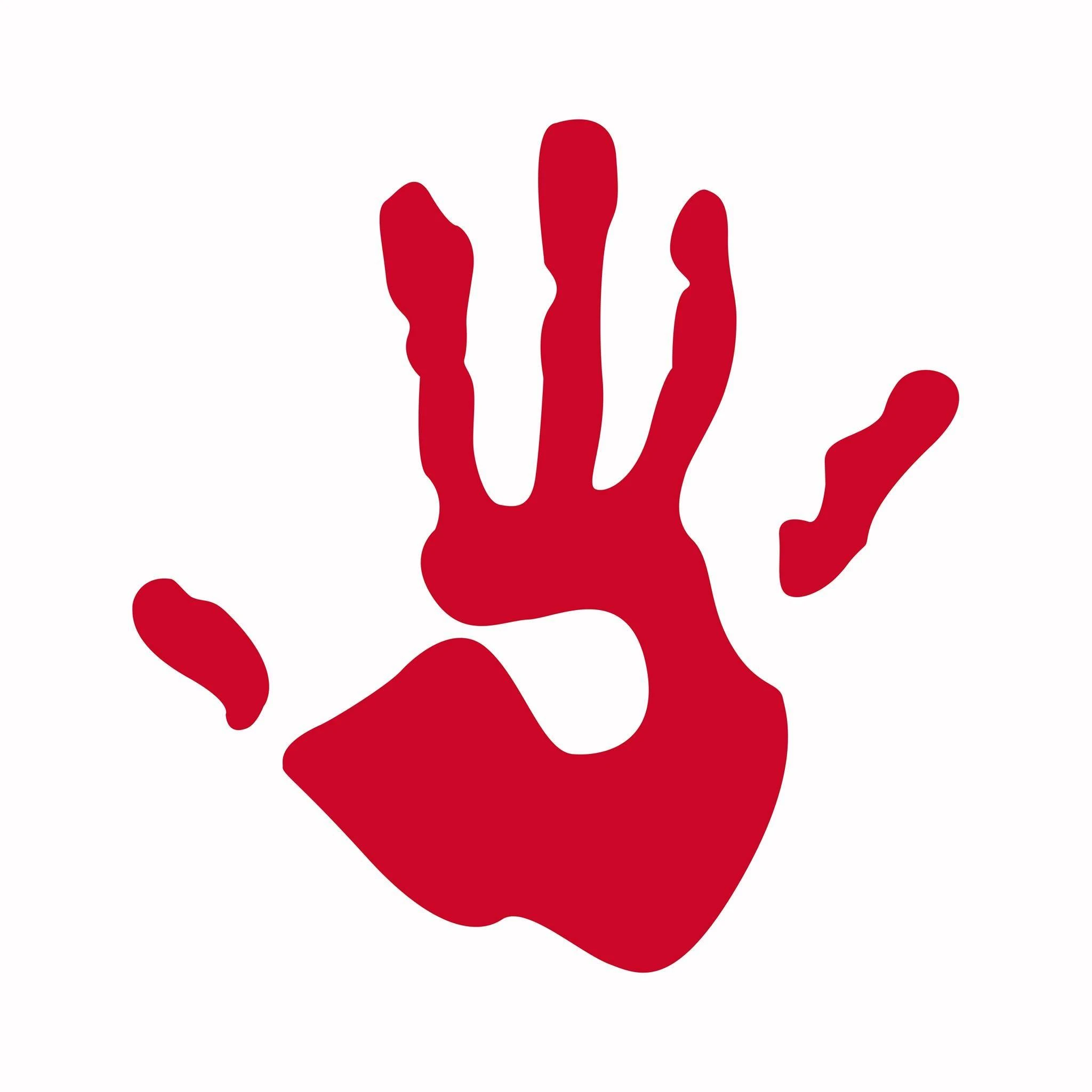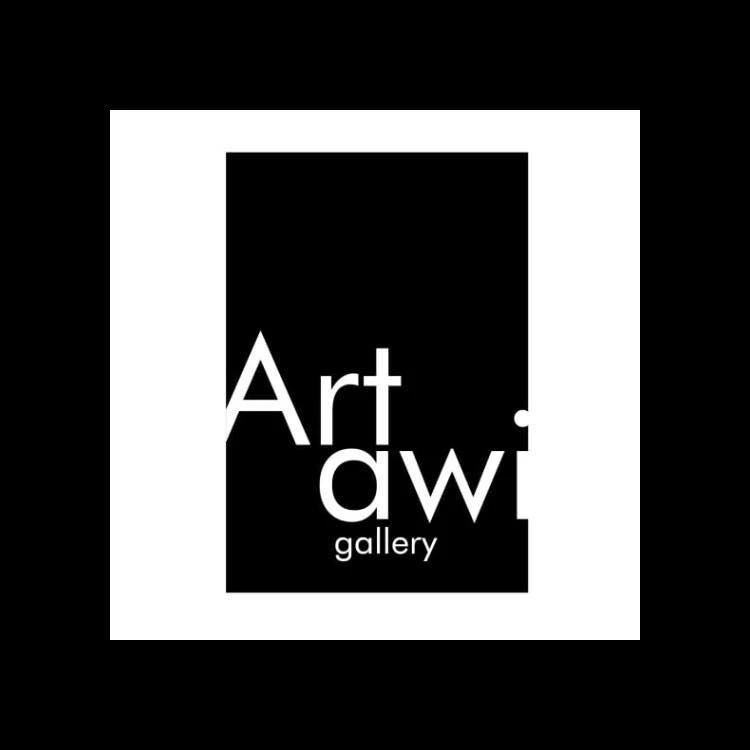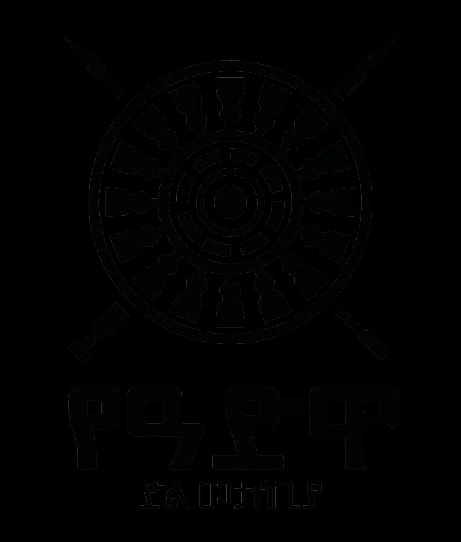Timeline 2025
Kick-Off Day
1 day
Online
Module 1
10 days
Online
Module 2
6 days
Onsite
Residencies
5 days
Onsite
Residencies
5 days
Onsite
Module 3
6 days
Onsite
Closing Event
1 day
Online

To foster meaningful dialogue, the programme identifies a yearly thematic focus, collaboratively selected to reflect both pressing global questions and the specific regional context of the partner countries
Ethiopia, the programme’s partner country in 2025, stands out as a nation that successfully resisted European colonization. This made the selection of the thematic focus both timely and compelling: Colonialism and Resistance. This thematic focus allowed for a deeper exploration of how colonialism defined global power structures while also foregrounding histories of resilience, and self-determination that continue to inspire museum practice today.
Debates on the colonial legacy of museums have been profoundly shaped by public resistance and engaged community members. This year’s programme therefore set out to explore how institutions today address these legacies, and what can be learned from the voices, stories, and practices that have long challenged them in ongoing processes of change. Across modules, the programme approaches the theme from multiple angles: through critical dialogue, site visits, and encounters with African and European leaders in museum practice, renowned scholars, engaged community actors and change makers.
In the curatorial process, resistance was not merely understood as a reaction to colonialism but as a force of re-imagination - a vital source of agency and transformation that is essential to transformation and the museum of tomorrow. Together with the Fellows of 2025 we reflect on how past and present legacies of resistance can inspire new visions for the museum’s social, political, and cultural roles.
1 day
Online
10 days
Online
6 days
Onsite
5 days
Onsite
5 days
Onsite
6 days
Onsite
1 day
Online
The programme curation process has evolved since the start of TheMuseumsLab in 2020. However, it was always carried out collaboratively by a European and African Museum and consisted of 3 Modules (online, on sight in Europe & on sight in Africa). Museum für Naturkunde is the European museum where TheMuseumsLab is based and that has carried out the programme since its beginning. The African Partner Museum rotates throughout the years:
2021
2022
2023
2024
2025
In the 2025 approach, two Co-Curators based at the respective African and European Museums collaborated to develop the contents of the programme. In 2025, the African curator, Abel Assefa, is based at Yimtubezina Museum and Cultural Center in Addis Ababa. The European curator, Gita Herrmann, is part of TheMuseumsLab Team at the Museum für Naturkunde in Berlin. Both collaborated closely with stakeholders from the museum, heritage, and cultural sectors within their respective regions.
Once a draft for the three modules was finalised, it was submitted to Curatorial Advisors, including representatives from the Alumni Network, the International Academic Committee, and the Partner Museums Network. The Curatorial Advisors evaluated the draft based on the objectives, vision, and mission of TheMuseumsLab. After that, the co-curators finalized the programme in close collaboration with programme partners.





Gita Herrmann
Curator
Gita.Herrmann@mfn.berlin

Abel Assefa
Curator
contactatoabel@gmail.com